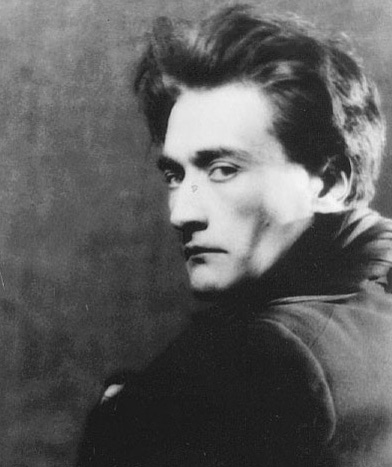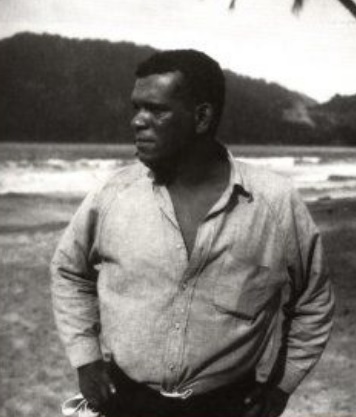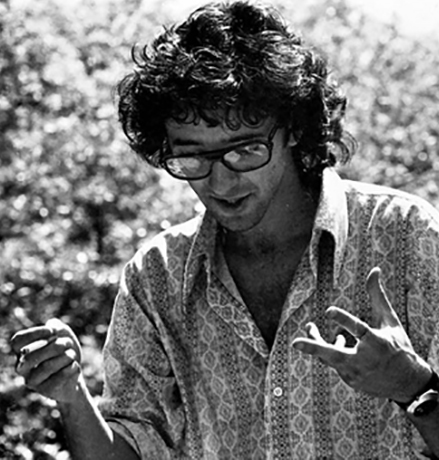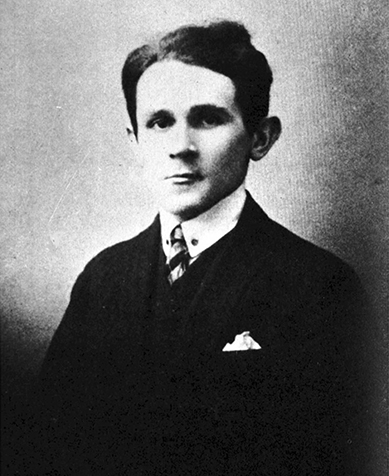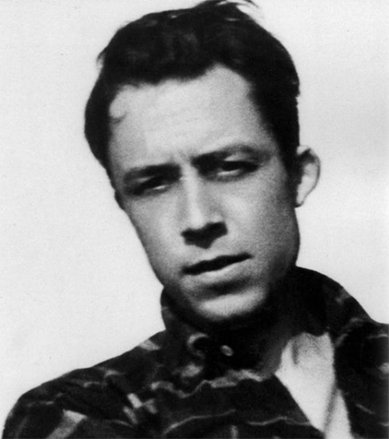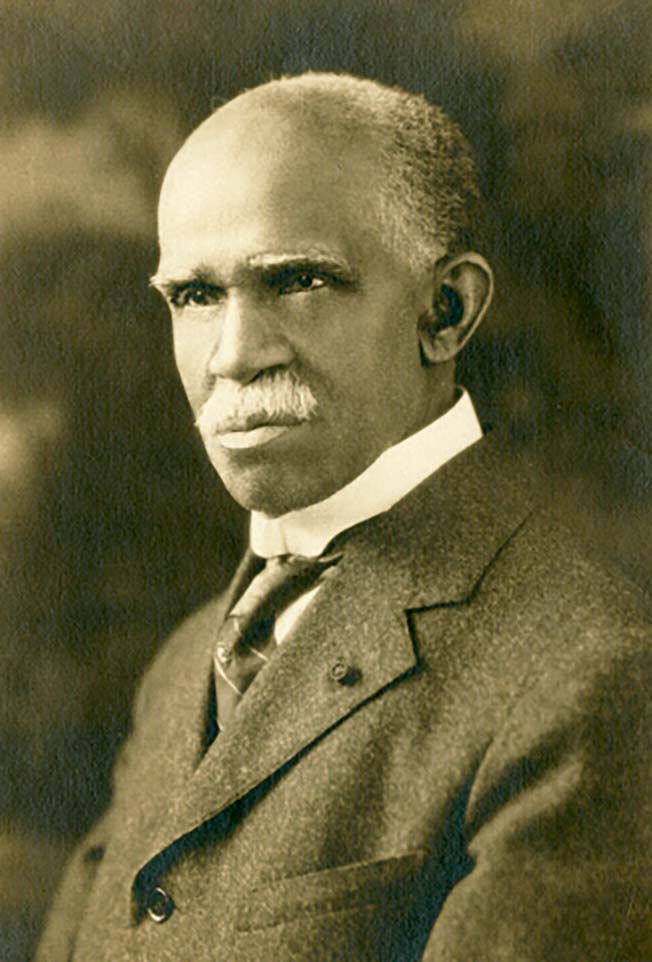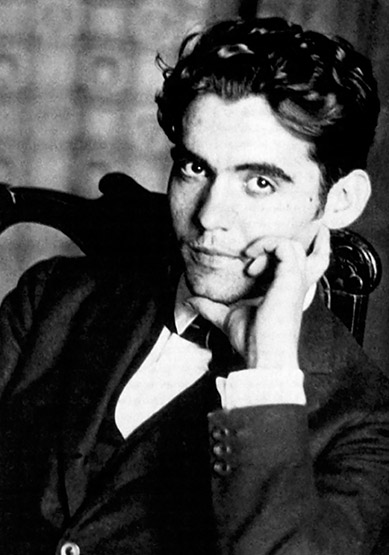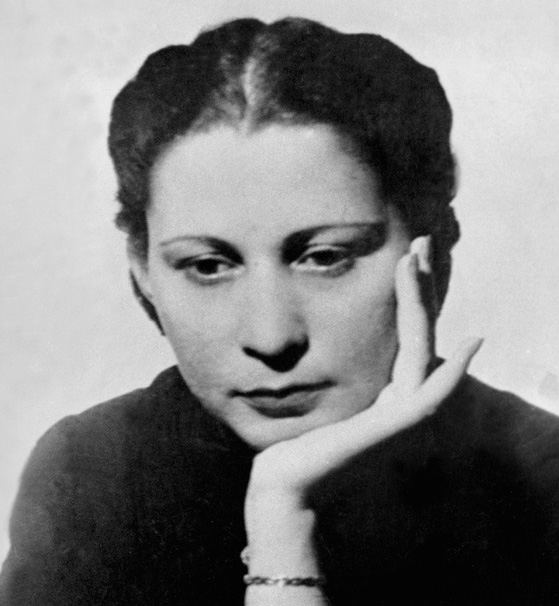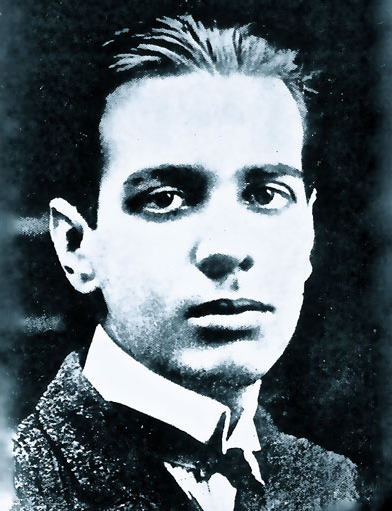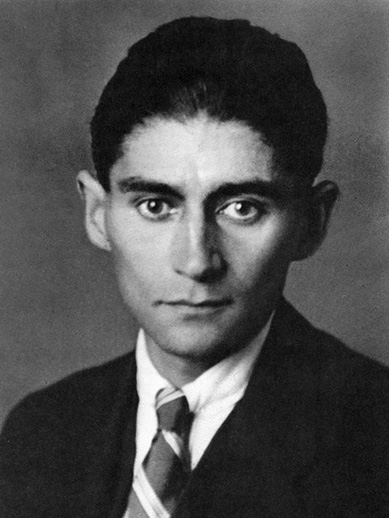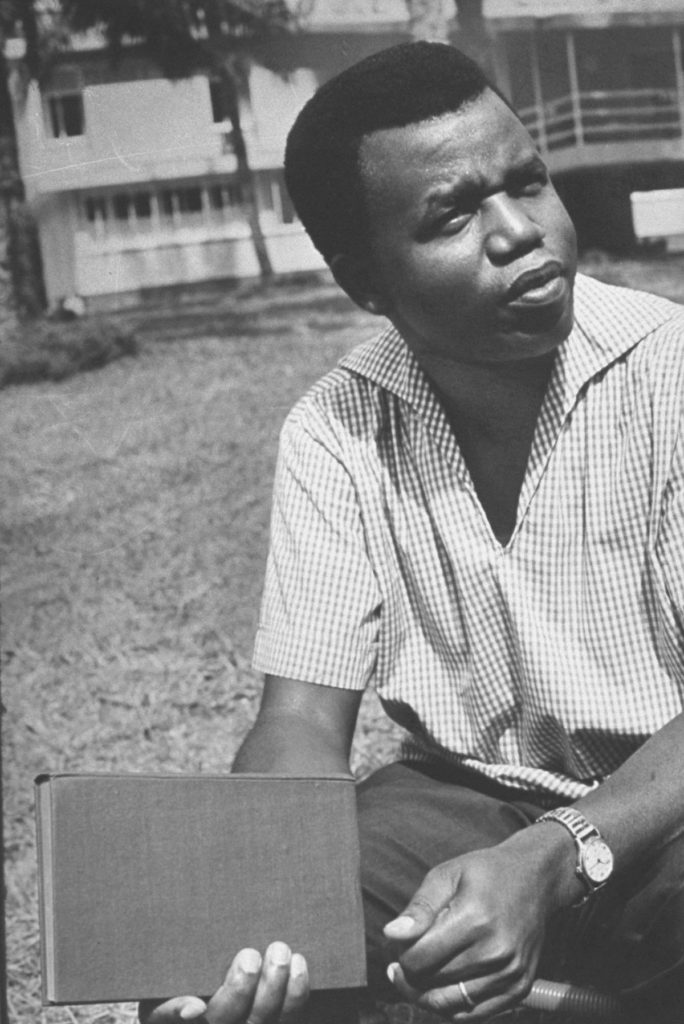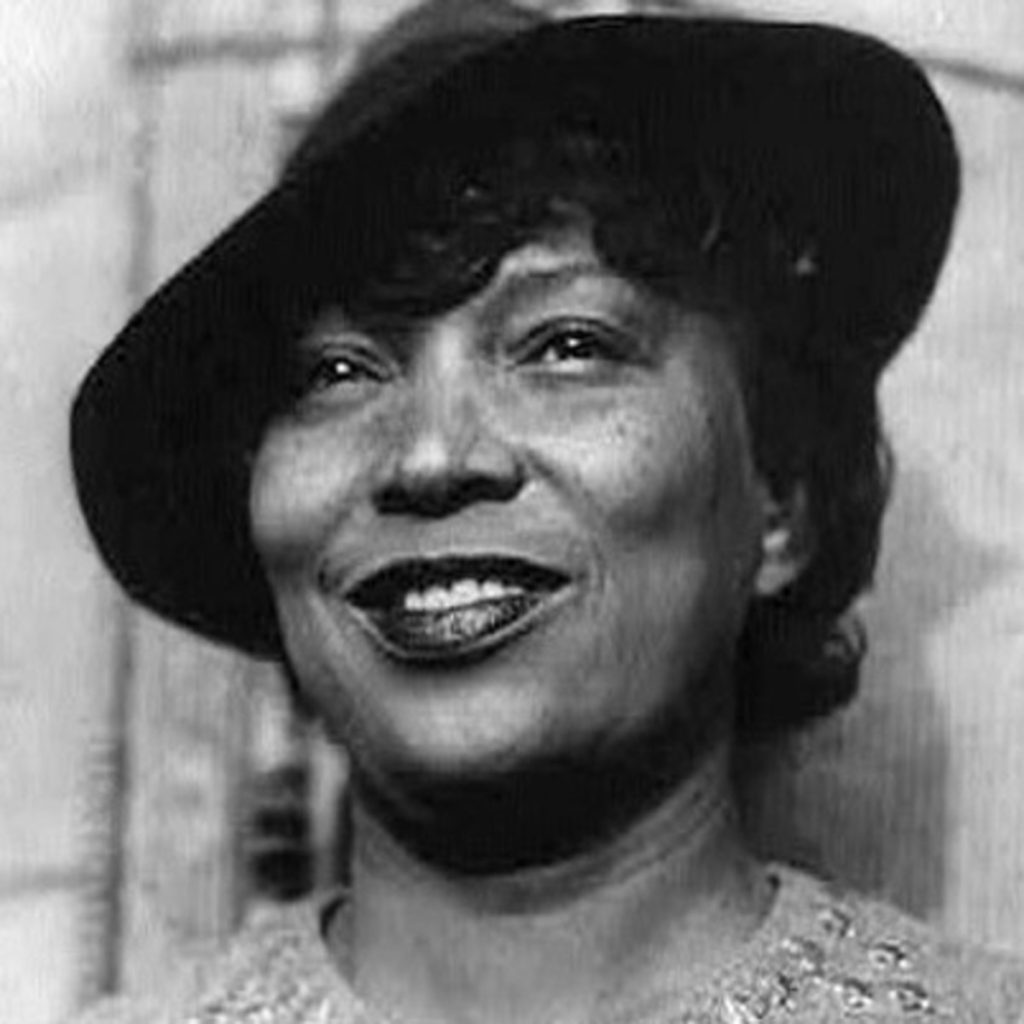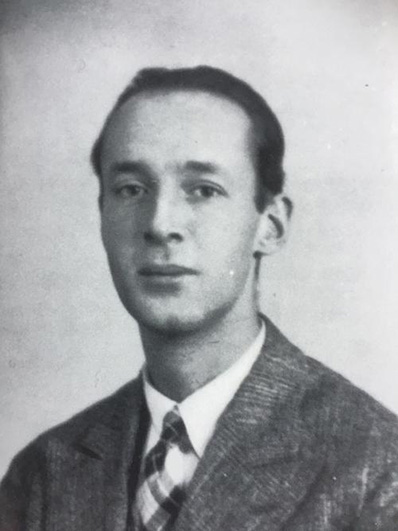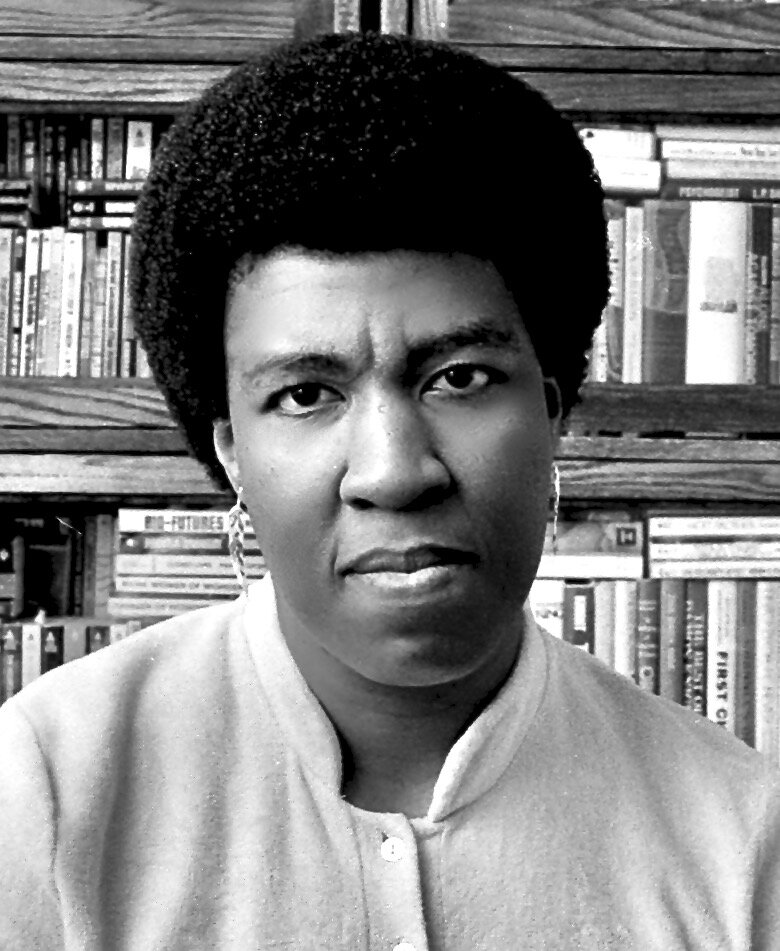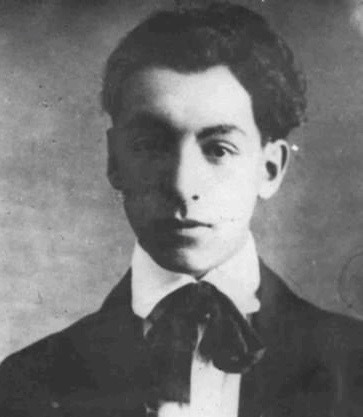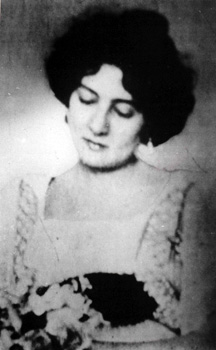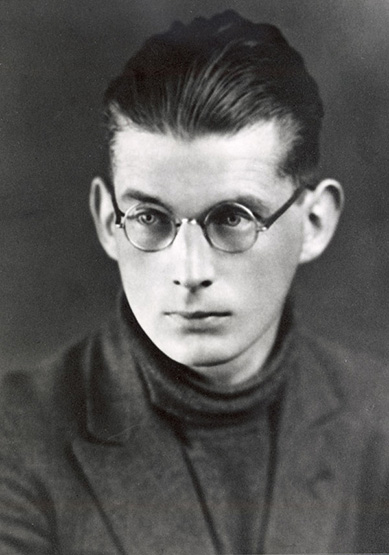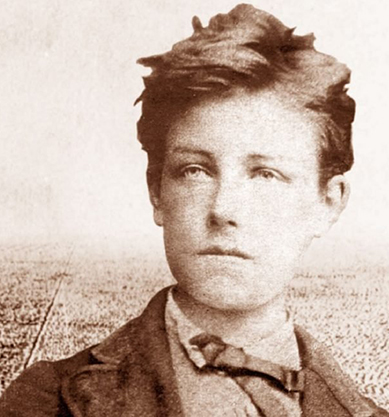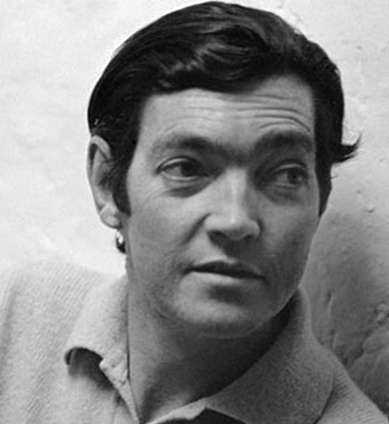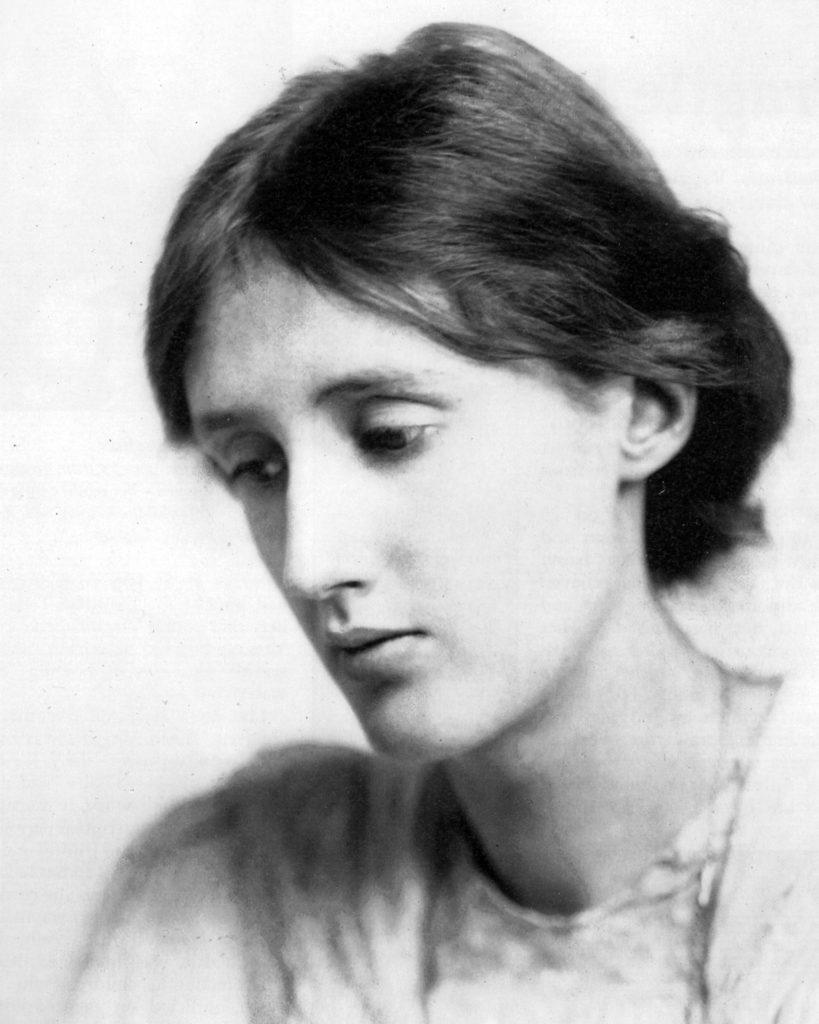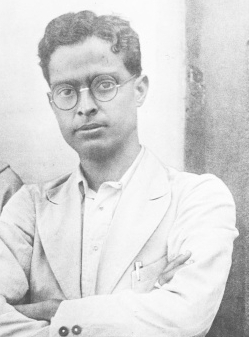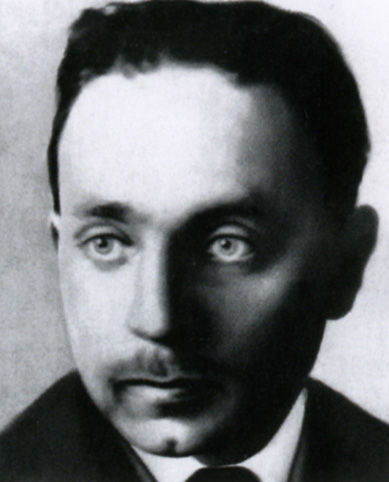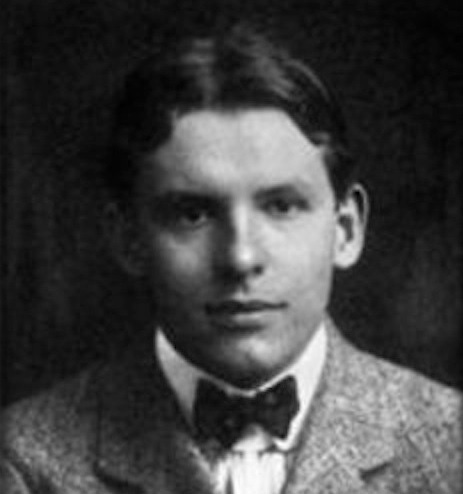First and foremost, we believe that literature is about experience. One must be careful not to abandon the actual experience of a novel in an attempt to find meaning. Meaning is in fact a red herring because it is constantly shifting. Experience on the other hand moves us on a deeper more emotional, even spiritual level in ways that we are not always able to articulate. Experience changes us, changes the way we perceive. That is what we want from the best of our fiction; but we often lose sight of this simple truth, particularly if we inhabit the academic world, often because we also want to understand. So we bend our efforts in that direction and minimize the profound nature of the experience.
We believe that great literature should provide an alternative view of what is often called “objective reality” that can stand against what we see as the resounding failure of religion and traditional philosophy to provide a useful psychological framework for assigning value and hence meaning to the living of one’s own life. In this narrow sense, we are perhaps existentialists, but we do not claim this label. Indeed, our views are modulated by a subtle yet persistent faith in the existence of some higher power (God, the Universe, the collective unconscious, we will not attempt to define it).
We believe that if there were no conscious entities to recognize and validate creation, then creation itself would have no value. Thus, all value emanates from humanity’s ability to apprehend the universe. But we also maintain a fundamental belief that the higher power we perceive is part of the creation equation.
God needed to create mankind to appreciate His handiwork otherwise there would be no meaning behind creation. But without God, mankind would serve no purpose. So God needs mankind as much as mankind needs God. You cannot have one without the other.’
Thus, we believe that great literature should also be an implicit criticism of the existentialists for their inability to strike a balance between meaningful human activity in the temporal realm (the world that we see with our eyes) and purposeful human activity in the mythic realm (the world that we see with our hearts).
We do not believe in the “well-constructed story,” and so we do not believe in the New Critics or the Structuralists or Leonard Bloomfield. We actively oppose their ideas about the nature of meaning both in literal and linguistic terms. We are in some ways poststructuralists (emphasis on some).
We find a great deal of value in Derrida’s efforts to expose the facile nature of the “well-constructed” realities one encounters in the fiction of “traditional” novelists (by traditional we do not mean realistic; we mean all novelists who craft a singular, simplified vision of the world and never even acknowledge that their reality, all realities, are a multi-faceted bundle of competing alternative, even subversive realities).
We applaud the efforts of writers and poets like Kurt Vonnegut, Jorge Borges, Julio Cortázar, Clarice Lispector, Bruno Schulz, Kafka, Camus, Jean Rhys, Dorothy Richardson, Baudelaire, Rimbaud, Virginia Woolf, Artaud, Rilke, Nabokov, Neruda, Garcia Lorca, Wallace Stevens, Beckett, Alain Robbe-Grillet, Roberto Bolaño, Zora Neale Hurston, Roberto Arlt, Silvina Ocampo, and many others who have tried in their work to grapple with this paradoxical notion of reality.
We believe that meaning in a literary context to illuminate intellectual understanding is false.
We believe that all experience is multi-layered. By this we do not mean that one’s experience (or the experience contained within a story) is shaped per se by plural points of view relative to an overarching political or social or cultural dynamic or power structure, because even a story with multiple viewpoints can still express a singular vision. So to say all experience is multi-layered is to say, rather, that it reflects different dimensions of experience, i.e.: physical, geographic, spiritual, emotional, psychological, symbolic, archetypal, historical, etc., with all narratives (and meta-narratives) taking place concurrently within these dimensional frameworks.
We believe that true meaning is a response to those experiences that reveal to some degree the practical balance between meaningful human activity in the temporal realm and purposeful human activity in the mythic or spiritual realm. This is why we reject Foucault’s views on what he termed épistémè as that which “defines the conditions of possibility of all knowledge” and which is according to Foucault determined by the particular culture of a given place and time. [It seems to us that Foucault makes meaning an essential attribute of knowledge and thus understanding while at the same time he rejects objective truth or falsehood in the name of cultural relativity.
We believe meaning is experienced NOT understood.] We are opposed to the approach of traditional novelists or poets who use the plot and character devices of a “well-constructed story” to try to hide their inability to create true lasting meaning.
We note that deconstruction as conceived by Derrida is merely a critical viewpoint that points out these flaws in a traditional “well-constructed story.”
A deconstructive novelist or poet, however, acknowledges this limitation and is therefore much freer to create a profoundly more interesting work, and ultimately a work that is much more true.
We believe that there have been many deconstructive writers and poets throughout the last one-hundred and fifty years, but their genius has often been appropriated by other literary movements (Federico Garcia Lorca by the surrealists, Camus by existentialism, etc.); but what they are actually doing is misunderstood because of the critical lens through which their works have been viewed and thus presented to the world.
We believe that the views of the New Critics and of the Structuralists have been the predominant views giving shape to the general understanding and appreciation (or lack thereof) of those works of literature (in its broadest sense, everything from popular romance novels to great novels) that reach a wide audience. While there are deconstructive critics throughout academia, there are very few deconstructionists inhabiting the big-time publishing world. Most of the editors and publishers in publishing were trained by New Critics or Structuralists, and so their views of what literature is supposed to be is necessarily limited.
We note that during the 20th century, every literary movement had to teach the world how to read its stuff; so what followed each new movement was a critical movement. So far so good. Then came deconstruction as a critical movement, but there was no deconstruction as a literary movement. There were certain writers, as already noted, whom you could call deconstructive because they were subversive (from Borges to Bolaño in fact); but there has been no group to claim deconstruction as a literary premise.
We formally claim that label.
We are deconstructive novelists, poets, and artists.
We acknowledge the perverse irony here: the critical movement of deconstruction emerged first, only to be followed by a literary movement that embraces the principles of deconstruction as a creative principle.
As a creative principle, the deconstructionist approach is not experimental in the way the avant garde approach experimental writing. All too often, writers who, singularly or in small groups, are trying to create some new experimental movement in literature are reduced to experimenting on the linguistic side of writing.
This is not what deconstruction as a creative principle is focused on.
We are focused on the vision side of the equation, and our vision is on the primacy and profound dismantling effect of experience – not the particulars of intellectual understanding (a red herring, as already mentioned) which allow us to cling to a singular view of reality, a view, moreover, which has led us into Kafka’s abyss with no hope of escape. (We also observe that Kafka himself was ultimately not the pessimist some believe him to be based on his great work, The Trial. One need only read his unfinished novel Amerika to see that Kafka was working his way out of the abyss that was part of his earlier work.)
We believe that by embracing the multiple realities that are a part of actual experience, by disassembling and reassembling those realities through the medium of literature, we can facilitate a changed perspective that will allow people to strike a practical balance between the world they see with their eyes and the world they see with their hearts.
We reject the either/or zero-sum game of “what does it mean” that the literary world guided by the New Critics and their disciples have been playing since T.S. Eliot first “taught” the world how to read his poetry.
It is time for a new literary movement to remind us that nothing is what it appears to be, that the meaning of experience is more profound than we have been led to believe, that the literary abyss that has become a seemingly incontrovertible aspect of modern life is in fact an aspect of deluded thinking.
It is time for a new literary movement to get us thinking again!
It is time for the Deconstructionists to emerge from the shadows.
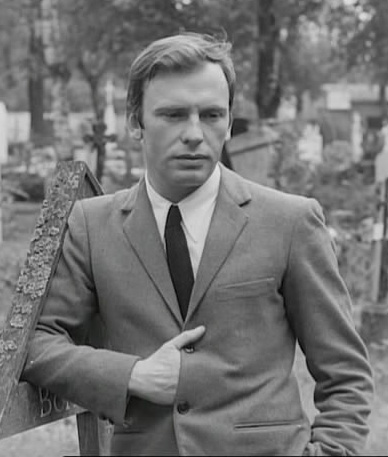
Robbe-Grillet (1922-2008)
